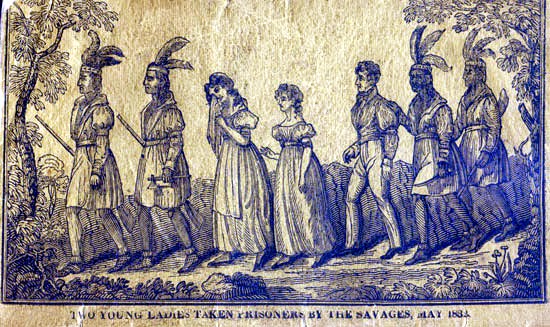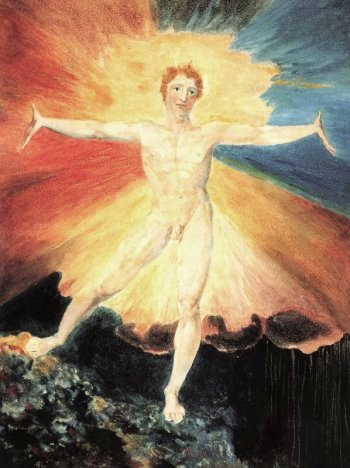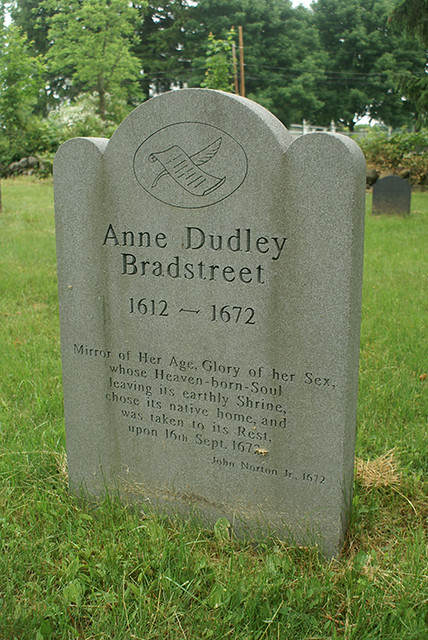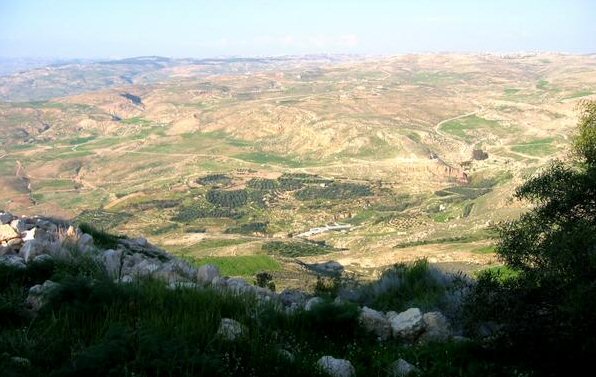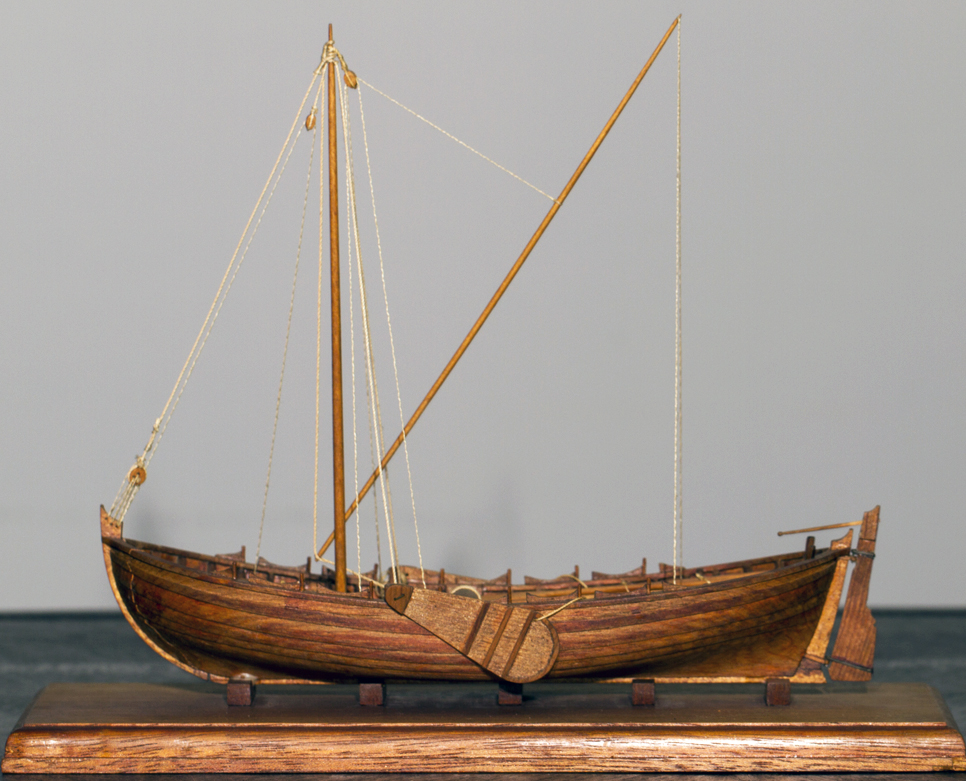In Puritan culture, all people, especially women were thought to be innately sinful, and everyone was expected to repent their sins. During the witch trials, when a woman was accused of witchcraft, she could choose to plead guilty or not guilty. Pleading guilty was an attempt by people to show the court they were repenting their sins, but in doing so was also admitting to performing witchcraft. However, pleading not guilty, as Carrier did, showed the court she did not repent her sins, even though she was trying to prove she had not committed any. This left women stuck between two choices after being accused, neither more desirable than the other. It was either plead guilty and be seen as a witch or plead not guilty and be accused of not repenting your sins of witchcraft. This could account for the high number of accused women who admitted to witchcraft. They chose the former option in the hope that the court would give them a chance to continue their repentance (Reis, 7). Martha's decision to plead not guilty could have, ironically, been the reason for her conviction and death.
Reis, Elizabeth. Damned Women: Sinners and Witches
in Puritan New England. Ithaca: Cornell University Press, 1997.
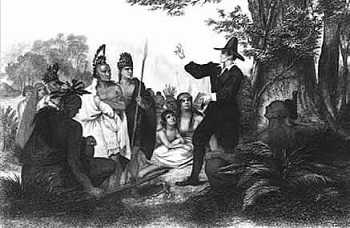 Source:
Source: 
